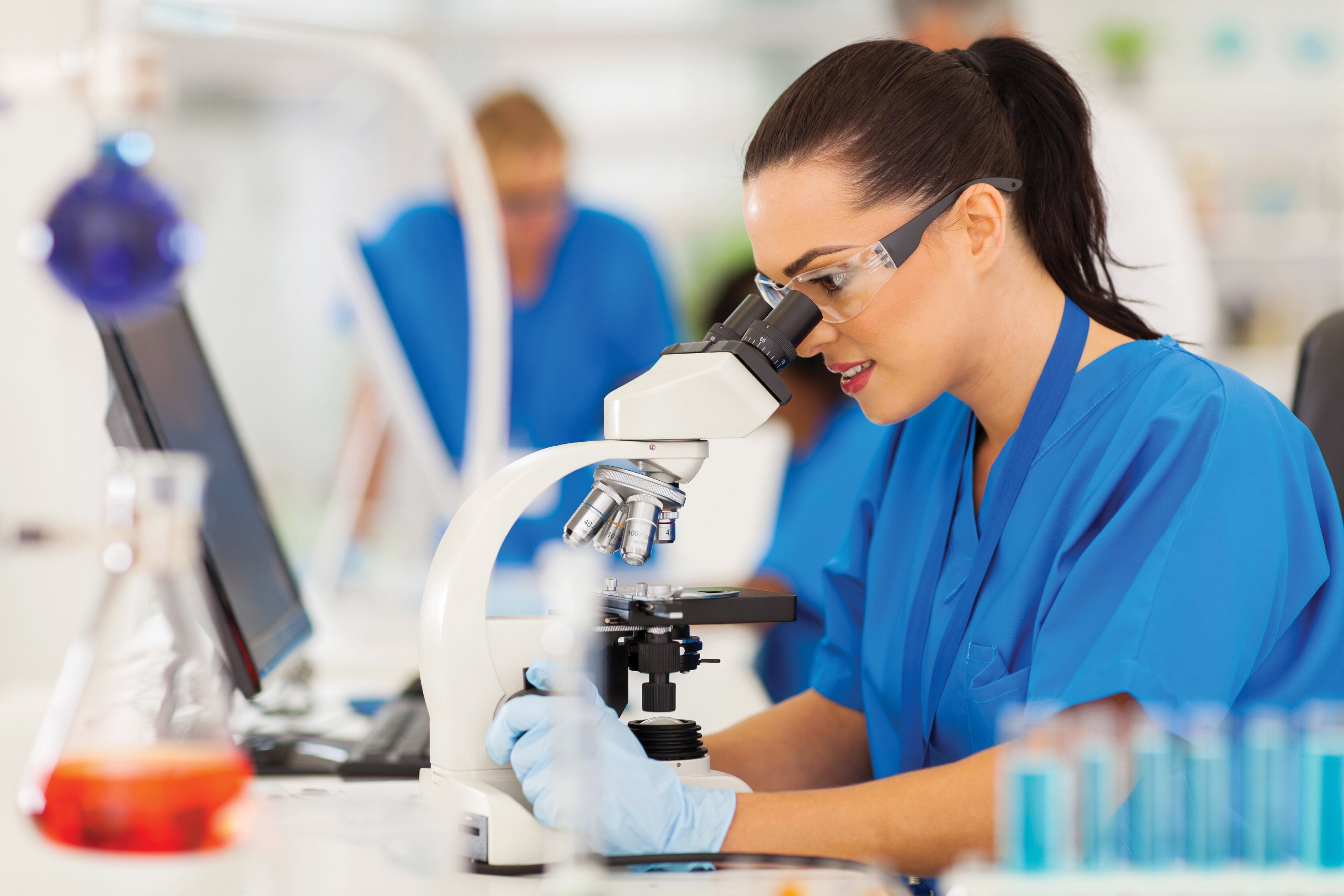Introduction Science laboratories are essential environments for research, experimentation, and learning across various scientific fields. These spaces are designed to foster innovation and provide controlled settings where scientific principles can be explored and applied. In this article, we will delve into the different types of science laboratories, their purposes, and the unique features that make them crucial for advancing knowledge.
Types of Science Laboratory
Educational Laboratories Educational science labs are commonly found in schools and universities, designed to support the teaching of various scientific subjects. They cater to students from primary education through higher learning.
School Science Laboratories School laboratories are structured to introduce young learners to basic scientific concepts. These labs focus on safety and simplicity to provide a foundational understanding of science through experiments and demonstrations.
Key Features of School Labs
- Equipped with basic safety gear and simple tools
- Emphasis on teaching fundamental science principles
- Safety-focused designs to accommodate young learners
University Laboratories University labs are more advanced than school labs and support in-depth research and study. These laboratories cover specialized fields such as chemistry, biology, and physics.
Facilities Found in University Labs
- High-tech equipment for precise experiments
- Access to advanced research tools like spectrometers and centrifuges
- Specialized areas for chemical, biological, and physical experiments

Research and Development (R&D) Laboratories R&D labs are at the forefront of innovation. These labs are designed to develop new products, technologies, or methods and are commonly found in industries and research institutions.
Industrial Research Labs Industrial R&D labs focus on creating and improving products and processes for commercial use. These laboratories are often associated with technology firms, pharmaceutical companies, and manufacturing industries.
Features of Industrial R&D Labs
- Advanced technological instruments for product testing
- Cross-disciplinary collaboration among scientists and engineers
- High levels of safety and regulatory compliance
Academic Research Labs Academic research labs are found in universities and research institutions, where scientists conduct studies that contribute to scholarly knowledge. These labs often receive government or private funding.
Typical Equipment in Academic Research Labs
Clinical Laboratories Clinical laboratories are essential in the medical field for the diagnosis and treatment of diseases. These labs process patient samples and generate data for healthcare providers.
Pathology Labs Pathology labs are dedicated to examining tissue samples and bodily fluids to detect diseases. They are important in diagnosing cancer and other conditions.
Equipment and Tools in Pathology Labs
- Microscopes for tissue analysis
- Staining machines for preparing slides
- Imaging technology for detailed examination
Diagnostic Labs Diagnostic labs focus on performing routine and specialized tests to aid in medical diagnoses. These tests include blood work, urine analysis, and other assessments.
Essential Tools in Diagnostic Labs
- Automated analyzers for blood and biochemical testing
- PCR machines for detecting genetic information
- Laboratory information systems (LIS) for data management
Quality Control Laboratories Quality control (QC) labs ensure that products meet established standards. These labs are integral in industries like food, pharmaceuticals, and cosmetics.
Food Quality Control Labs These labs test food products for safety, nutritional content, and compliance with regulations.
Procedures in Food QC Labs
- Microbial analysis for contamination
- Chemical tests for ingredient verification
- Sensory evaluations for taste and texture
Pharmaceutical QC Labs Pharmaceutical labs focus on ensuring that medications meet stringent quality and safety standards.
Core Functions of Pharmaceutical QC Labs
- Potency and purity testing of drugs
- Stability testing to ensure shelf life
- Validation of manufacturing processes
Environmental Science Laboratories Environmental labs analyze air, water, soil, and other ecological elements to understand and address environmental challenges.
Water Testing Labs These laboratories examine water samples for pollutants and pathogens to ensure public safety and environmental health.
Tools and Methods in Water Testing Labs
- Spectrophotometers for measuring chemical concentrations
- Microbial culturing for identifying pathogens
- pH meters and turbidity sensors
Air Quality Labs Air quality labs focus on measuring and analyzing pollutants to mitigate their impact on health and the environment.
Key Laboratory Equipment Used in Air Quality
- Gas analyzers for detecting pollutants
- Particulate samplers for air monitoring
- Advanced data modeling software
Specialized Science Laboratories Some science labs cater to highly specialized research fields, including space, marine, and forensic science.
Forensic Science Labs Forensic labs aid in criminal investigations by analyzing evidence such as DNA, fingerprints, and chemical residues.
Equipment Found in Forensic Labs
- DNA sequencers for genetic profiling
- Fingerprint analysis systems
- Mass spectrometers for identifying unknown substances
Space Science Labs Space science labs, often connected to space agencies, research space phenomena, develop space technology, and test materials for space missions.
Features of Space Science Labs
- Vacuum chambers for simulating space conditions
- Telescopes for astronomical observations
- Robotics for simulating space operations